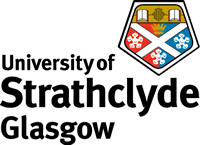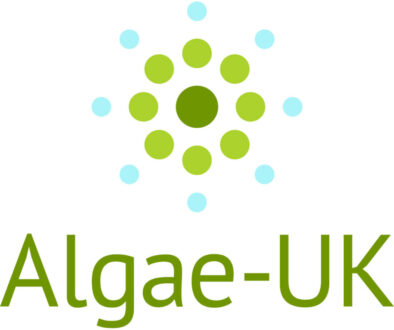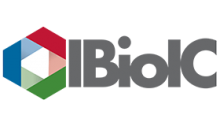Project
The use of narrow-band LED light in photobioreactors and comparative metabolomics to aid the development of marine microalgae for biotechnology
Supervisor(s)
Dr Katherine Duncan, Dr Paul Hoskisson
Area
Microalgae, antibiotic drug discovery, omics, marine natural products, integrated bioprocessing
Description
A 4-year PhD project is available in the Strathclyde Institute of Pharmacy and Biomedical Sciences (SIPBS) at the University of Strathclyde. Deadline for applications 31st May 2017
Project Description
Although algae have been developed in the context of biofuels, the potential of marine microalgae as a source of bioactive specialized metabolites has yet to be investigated systematically. Two barriers exist to their efficient exploitation: (1) reliable tuning of their physiology during cultivation to induce metabolite production and (2) recognizing and characterizing metabolites produced.
Highly-controllable, narrow-waveband light will be employed through the use of modern LEDs Photobioreactors (PBRs) to induce chemically-diverse metabolite production by microalgal strains. The algal metabolites will be extracted profiled and further investigated using tandem mass spectrometry (HR-MS/MS). Both of these measurements are metrological, providing the measurement of tens of thousands of molecules across hundreds of crude fermentation extracts. The HR-MS/MS data will be used to create molecular networks using Global Natural Products Social Molecular Networking. This will allow comparison of complex microalgal crude extracts based on similarities and differences of metabolite fragmentation across multiple strains (up to hundreds). This cutting-edge approach to chemical dereplication of strains allows identification of known metabolites in addition to analogues of known chemicals and thus rapidly identifies areas of unique chemistry for isolation and chemical prioritization (e.g. a particular strain).
Although these recently developed methods have been applied to bacteria, this will be the first study to use these innovative metabolomics approaches to enable the unprecedented biological diversity of microalgae to be investigated. Investigating light conditions (light/dark; flashing; intensity); wavelengths (mono and mixed) coupled with control of other environmental conditions (pH; temperature) will significantly advance microalgae as a biotechnological resource for the discovery of bioactive molecules that may find utility in industry and medicine.
Funding Details:
A 4-year PhD project is available in the Strathclyde Institute of Pharmacy and Biomedical Sciences (SIPBS) at the University of Strathclyde. The successful candidate should have or expect to have a first or upper second class honours degree (or equivalent) in the areas of Microbiology, Biomedical Science, Biochemistry, Biotechnology, Molecular Biology, Chemistry or a related discipline. Candidates may send their application to Dr Katherine Duncan (katherine.duncan@strath.ac.uk); (http://www.strath.ac.uk/staff/duncankatherinedr/), including a CV and cover letter, detailing their motivation for this particular PhD project by 31st May 2017.
This project is fully funded (Home / EU tuition fees and stipend at RCUK rates) for four years by the Industrial Biotechnology Innovation Centre (IbioIC) through their CASE (Collaborative Awards in Science and Engineering) Studentship award program https://www.ibioic.com/PhD_Opportunities.htm , the University of Strathclyde Research Excellence Award Scheme and Xanthella Ltd (https://www.xanthella.co.uk)/.
The project will be in collaboration with Xanthella Ltd and will involve a 12-month research placement at the company (Oban, Scotland).
Techniques
Microbiology, molecular biology, Liquid Chromatography High Resolution Mass Spectrometry (LC-HRMS), molecular networking, metabolomics
References
- Shimizu, Y. (2003) Microalgal metabolites. Curr Opin Microbiol. Jun;6(3):236-43.
- Ördög et al. (2004) Screening microalgae for some potentially useful agricultural and pharmaceutical secondary metabolites. Journal of Applied Phycology 16: 309-314.
- Wang, M. et al. (2016) Sharing and community curation of mass spectrometry data with Global Natural Products Social Molecular Networking. Nat. Biotechnol. 34, 828-837



